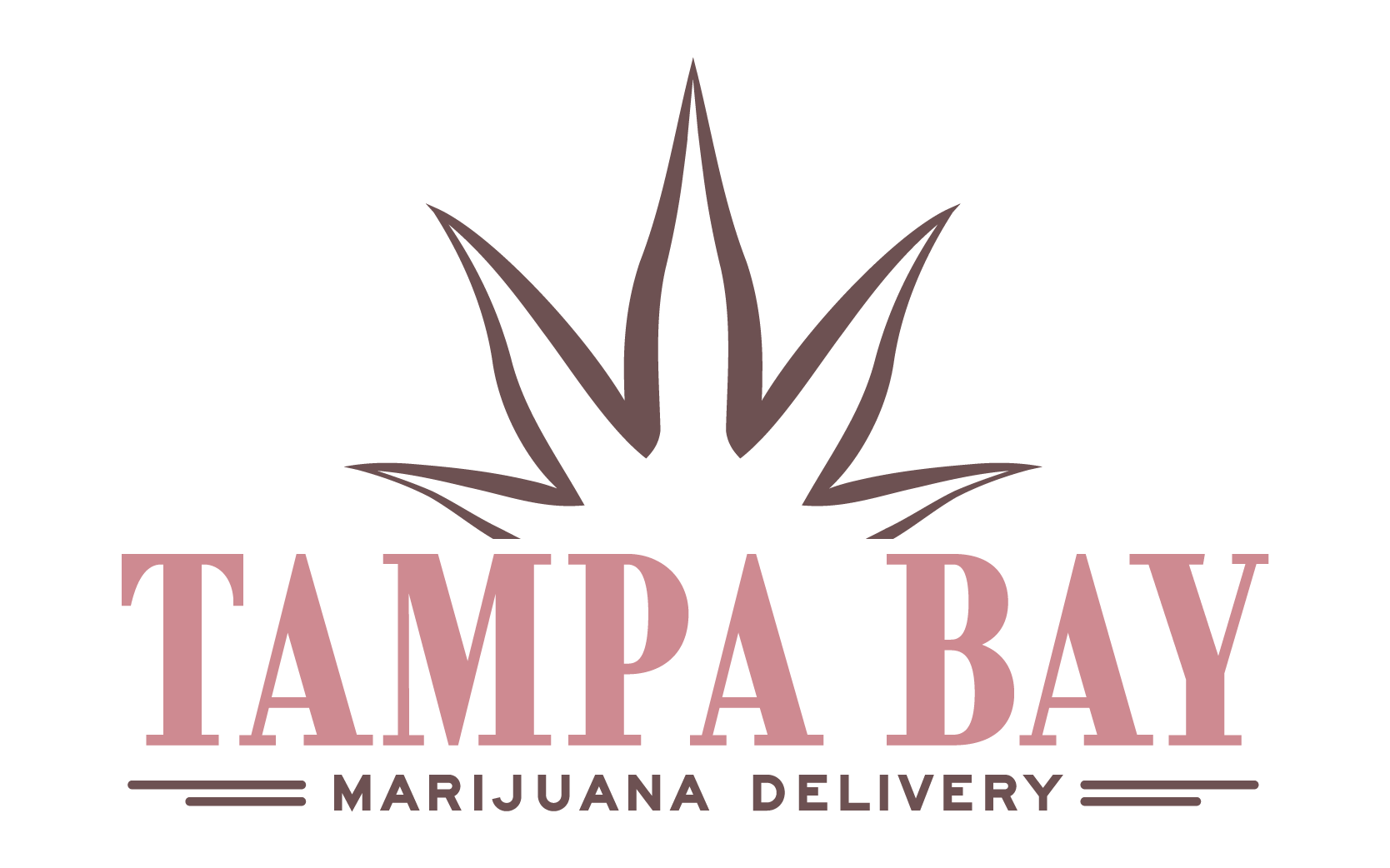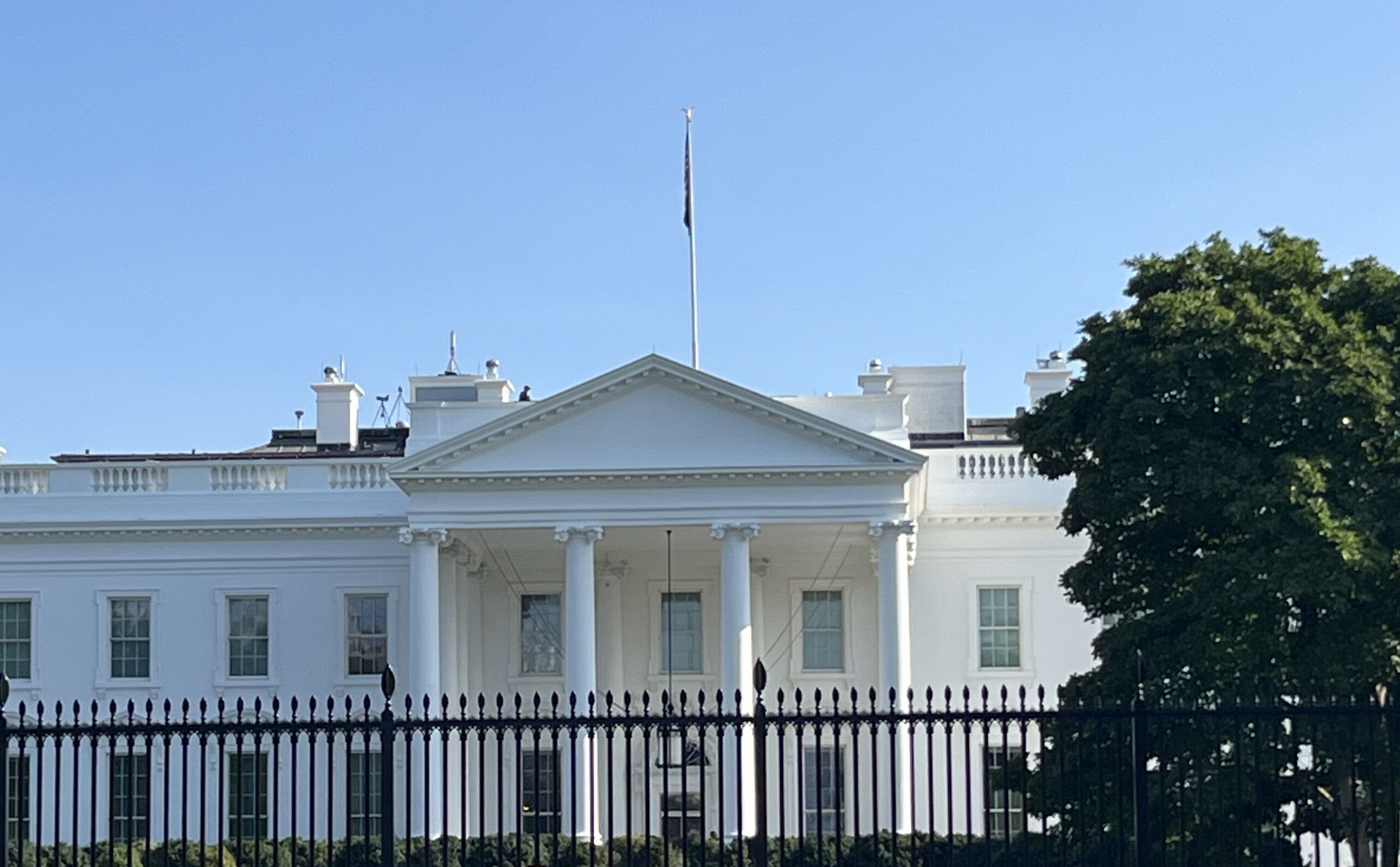Significant developments have occurred in cannabis regulation at both federal and state levels in the United States, reflecting evolving perspectives on cannabis use, research, and commerce.
Federal Rescheduling Efforts
In May 2024, the U.S. Department of Justice confirmed progress toward rescheduling cannabis under the Controlled Substances Act. A notice of proposed rulemaking was submitted for publication in the Federal Register, marking a pivotal step in federal cannabis policy reform. This move aligns with earlier recommendations from the Department of Health and Human Services to reclassify cannabis from a Schedule I to a Schedule III substance, acknowledging its accepted medical use and lower potential for abuse compared to its current classification. (DISA)
Legislative Initiatives
On May 1, 2024, Senate Majority Leader Chuck Schumer, alongside Senators Cory Booker and Ron Wyden, introduced the Cannabis Administration and Opportunity Act (S.4226). This comprehensive bill aims to decriminalize and deschedule cannabis at the federal level, promote social equity, and provide for the expungement of certain cannabis-related offenses. The legislation represents a concerted effort to address the disparities caused by previous cannabis prohibitions and to establish a regulated market. (Wikipedia)
State-Level Reforms
Several states have enacted notable cannabis reforms:
- Minnesota: Effective January 1, 2024, Minnesota implemented its adult-use cannabis program, following the passage of HF 100 in 2023. While decriminalization and personal possession provisions took effect earlier, the state has been working toward launching licensed dispensaries, anticipated to open in 2025. (My Cannabis)
- California: On May 20, 2024, the California Assembly passed AB 1775, permitting the establishment of cannabis lounges. These venues are authorized to sell cannabis products for on-site consumption, providing a regulated environment for adult users. The bill was subsequently approved by the state senate and signed into law by Governor Gavin Newsom on September 30, 2024. (Wikipedia)
International Perspective: Germany’s Legalization
Beyond the United States, Germany has made significant strides in cannabis policy. On March 27, 2024, the German Bundestag passed the Cannabis Control Bill, legalizing adult-use cannabis. The law permits adults to possess up to 25 grams in public, store up to 50 grams at home, and cultivate up to three plants for personal use. Additionally, non-profit cannabis social clubs with up to 500 members became legal on July 1, 2024, providing a structured framework for cannabis consumption and cultivation. (Wikipedia)
Implications and Future Outlook
These developments indicate a broader shift toward the acceptance and regulation of cannabis. The federal rescheduling efforts may facilitate expanded medical research and alleviate some legal constraints faced by the industry. Legislative initiatives like the Cannabis Administration and Opportunity Act aim to address social justice concerns and establish a cohesive regulatory framework. State-level reforms continue to reflect diverse approaches to cannabis regulation, catering to the specific needs and perspectives of their populations.
As the landscape of cannabis regulation evolves, stakeholders, including policymakers, industry participants, and consumers, should stay informed about these changes to navigate the emerging legal and commercial environments effectively.

